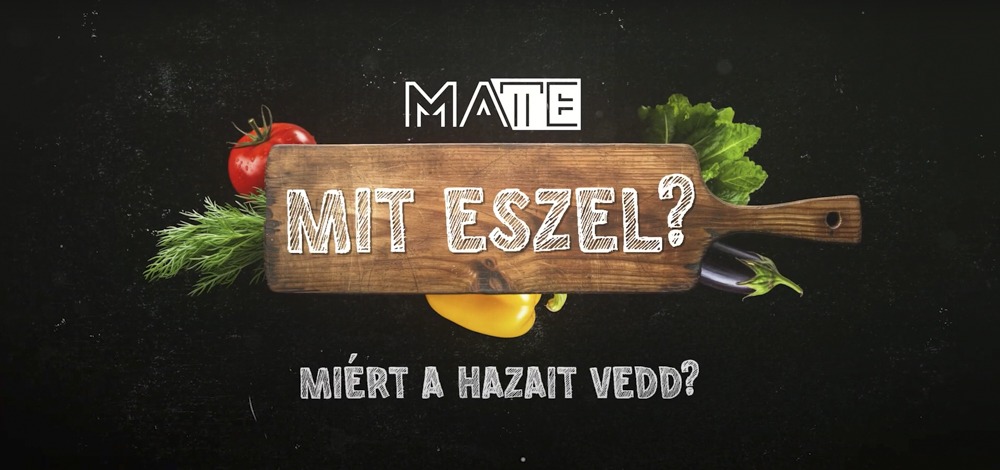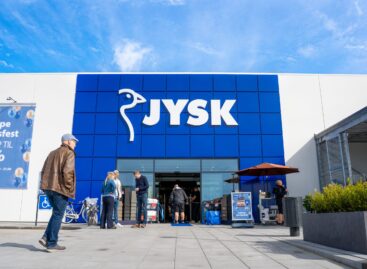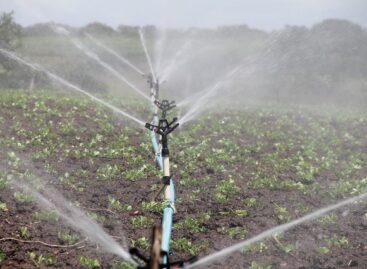This is why it is worth buying domestic products
What is the difference between a domestic and a foreign product? How do we recognize that a product is imported? When can a product be labeled as domestic? We will get answers to these questions, among others, in the second broadcast of the film series “What are you eating TODAY?” The new, scientifically based educational series of the Hungarian University of Agricultural and Life Sciences (MATE), which was created with the support of the National Research, Development and Innovation Office’s Patronage (MEC_24) program, answers common questions that few people know or that many people know incorrectly over 12 episodes. This time we will take a closer look at the advantages and disadvantages of domestic and imported products.

The MATE film series, which runs from September 1 to November 30, helps consumers develop a health-conscious lifestyle and diet with clear, scientifically based information. But it’s not just about lectures or scientific materials – the series reaches the audience in the form of personal, practical, visually demanding videos. Each episode is also accompanied by a podcast discussion, where the topics of the episodes are explored in more depth by university experts.
In the second episode of the series, viewers will receive help in assessing whether, despite the abundance of goods in grocery stores, buying domestic or imported products is the ideal choice. When shopping, for example, the question arises whether the appetizingly red strawberries or fragrant garlic are domestic products or are imported from abroad. How can you tell the difference at a glance? We can also learn what a Hungarian product, a domestic product and a domestically processed product mean, as well as how the pricing of products is structured. Short and long supply chains are also discussed, what role they play in stimulating the local economy and ensuring a sustainable food supply, how much they serve social, economic and environmental sustainability, what impact they have on the quality of the products. We also highlight the packaging of various products, which ensures their safe transportation – even over longer distances. Our experts also talk about Hungaricum and products under geographical protection.
The aim of the series is to initiate a dialogue. On social media platforms, viewers can ask questions, vote on topics, and comment on what they see. The organizers are also planning university competitions and workshops, where interested parties can meet researchers and get closer to science through their own experiences. This will make the series not only a source of information, but also a platform for community experience and scientific dialogue.
The professional leader of the project is Dr. Tamás Kocsis, the winning researcher of the NKFIH Scientific Patronage competition and the senior lecturer at the MATE Institute of Food Science and Technology.
Related news
Cheese-cocoa-peach jam: these are the most popular cookie flavors
🎧 Hallgasd a cikket: Lejátszás Szünet Folytatás Leállítás Nyelv: Auto…
Read more >NAK: farmer needs assessment can help the development of irrigation training
🎧 Hallgasd a cikket: Lejátszás Szünet Folytatás Leállítás Nyelv: Auto…
Read more >








